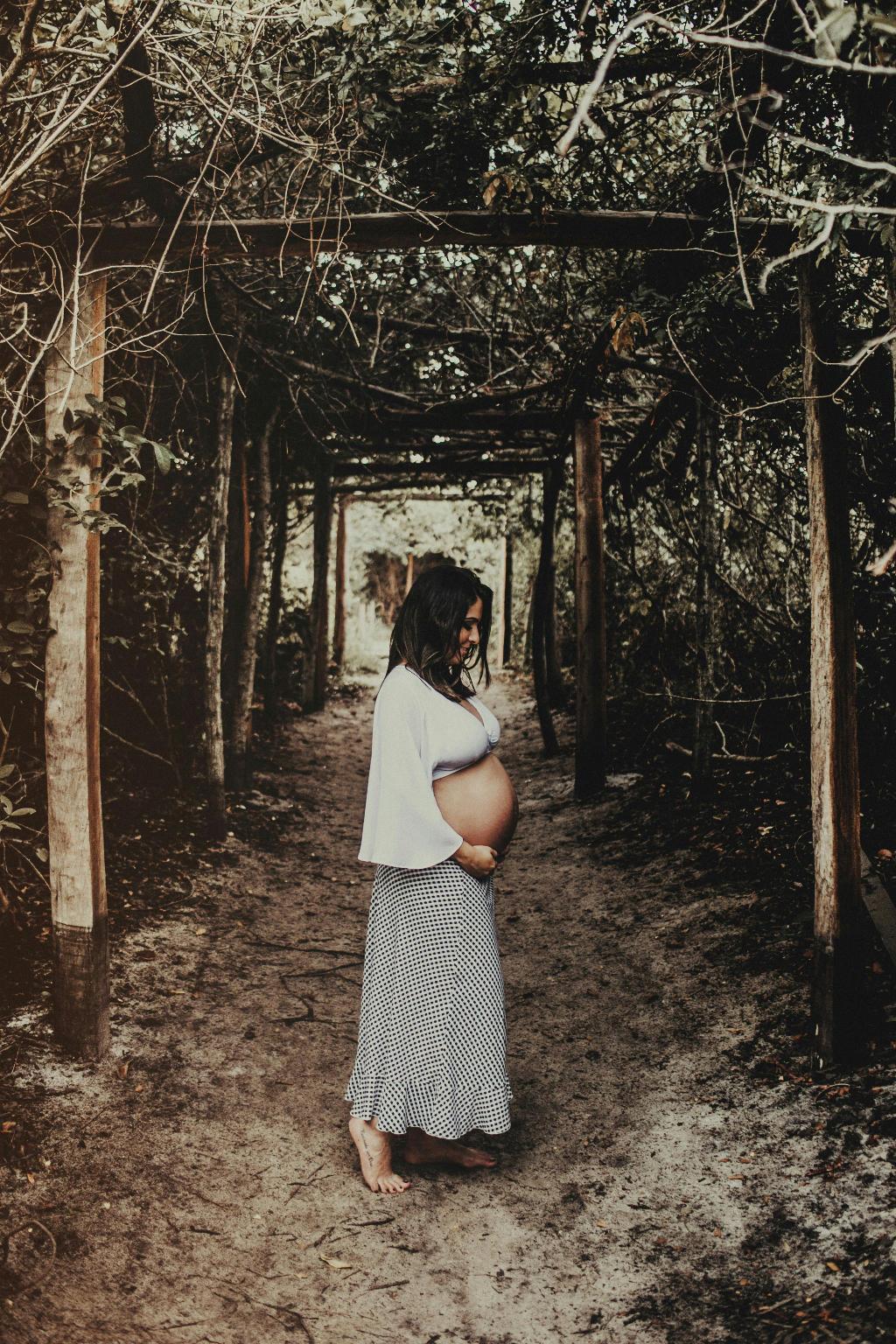During pregnancy, the process of fetal growth is an incredible journey that involves rapid changes and development. One of the key periods where significant growth occurs is during the third trimester, specifically between weeks 32 to 36. It is during this time that the baby goes through a final growth spurt in preparation for birth. This period is crucial for the baby’s overall development and weight gain.
As the pregnancy progresses towards the end of the third trimester, the baby’s size and weight increase at a faster rate. This growth spurt during weeks 32 to 36 is characterized by a noticeable increase in the baby’s weight as their body prepares for the upcoming birth. It is a critical phase where the baby’s organs, muscles, and tissues continue to mature, and their fat stores increase to provide insulation and energy reserves.
The duration of these growth spurts may vary among pregnancies, but typically, they last for a few weeks. During this time, expectant mothers may notice a significant increase in the size of their abdomen as the baby grows in size. This sudden growth can also be accompanied by an increase in fetal movements as the baby becomes more active in the womb.
It is essential for expectant mothers to pay close attention to their body’s signals during this period of rapid growth. Proper nutrition and adequate rest are crucial for supporting the baby’s growth and development. Ensuring a balanced diet that includes essential nutrients such as protein, vitamins, and minerals is vital for promoting healthy growth in the baby.
Doctors and healthcare providers closely monitor the baby’s growth throughout the pregnancy, especially during the third trimester when significant changes occur. Regular prenatal check-ups and ultrasound scans help assess the baby’s development and ensure that they are growing at a healthy rate. Monitoring the baby’s growth can also help detect any potential issues that may require intervention.
During the final growth spurt in pregnancy, expectant mothers may experience physical changes such as increased weight gain, swelling, and changes in posture due to the growing baby. It is important to listen to your body and communicate any concerns with your healthcare provider to address any issues promptly.
As the baby goes through a period of rapid growth in the third trimester, expectant mothers may also notice changes in their own body, such as stretch marks, back pain, and increased fatigue. These physical changes are normal during pregnancy and are a result of the body accommodating the growing baby.
Emotionally, the period of biggest growth in pregnancy can also bring about a range of feelings and emotions for expectant mothers. It is common to experience increased anxiety, excitement, and anticipation as the due date approaches. Seeking support from loved ones and healthcare providers can help navigate these emotional changes.
The third trimester, with its final growth spurt, marks a significant milestone in the journey of pregnancy. It is a time of great anticipation and preparation as expectant parents eagerly await the arrival of their newborn. The baby’s rapid growth during this period signifies the remarkable process of fetal development and the body’s incredible ability to nurture and support new life.
Overall, the biggest growth in pregnancy occurs during weeks 32 to 36, as the baby undergoes a final growth spurt before birth. This period is marked by significant changes in the baby’s weight, size, and development, making it a crucial phase in the pregnancy journey. By staying informed, taking care of their health, and seeking appropriate medical guidance, expectant mothers can ensure a smooth and healthy transition through this period of intense growth.

